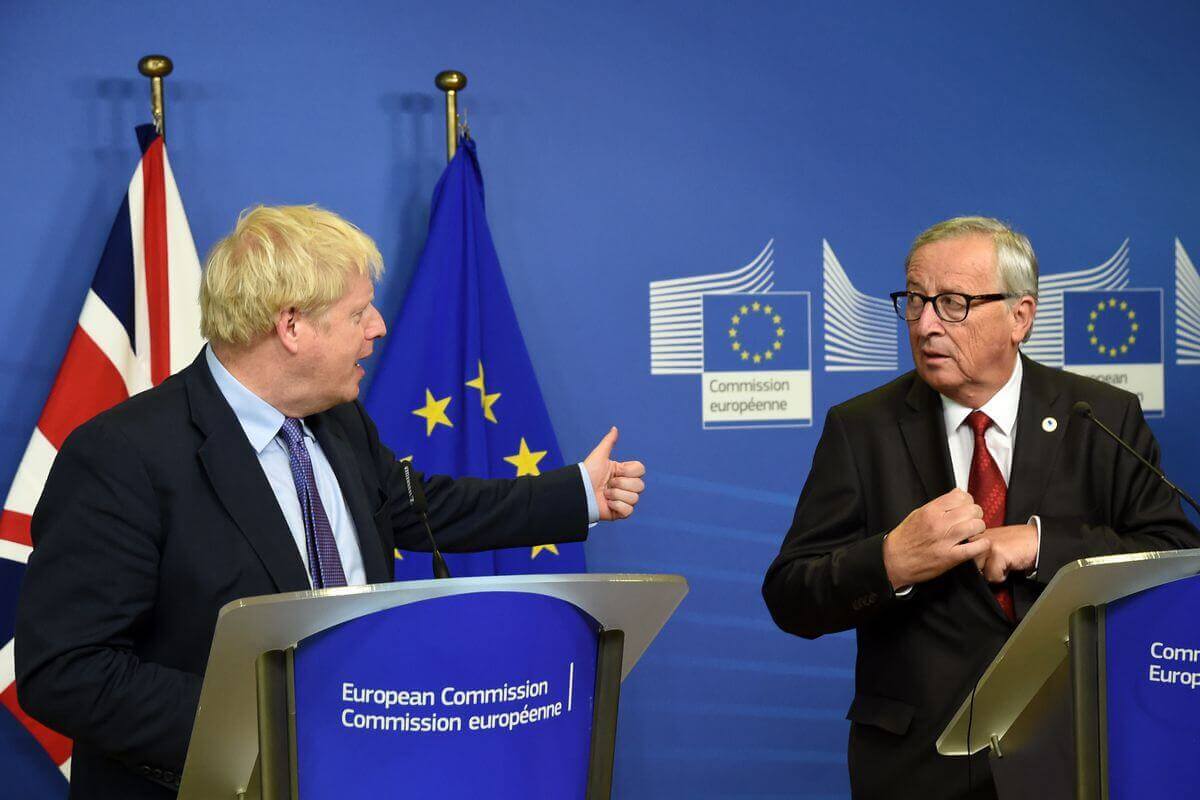The European Union’s (EU) post-Brexit trade deal with the United Kingdom (UK) passed the final hurdle on Wednesday as the European Parliament ratified the document with an overwhelming majority. Members of the European Parliament concluded the vote on the Trade and Cooperation Agreement (TCA) with 660 votes in favour, five in opposition, and 32 abstentions. This brings to a close a year-long discussion on the trade deal that faced several obstacles after a historic referendum brought an end to the United Kingdom’s (UK) 47-year-long membership to the bloc.
Following the vote, European Commission President Ursula von der Leyen said that the EU “warmly welcomed” the deal’s passage. Taking to Twitter, she said, “The TCA marks the foundation of a strong and close partnership with the UK. Faithful implementation is essential”. Prior to the poll, she had reassured lawmakers that the document came with “real teeth” in the form of a “binding dispute settlement mechanism and the possibility for unilateral remedial measures” to ensure the British side’s compliance with its obligations.
British Prime Minister Boris Johnson said that the ratification of the vote was the final step towards the stabilisation of the EU-UK friendship. “Now is the time to look forward to the future and to building a more global Britain,” he added. David Frost, the head of the British negotiating team, also expressed his gratitude to his European counterpart Michel Barnier.
The deal, which was signed by both sides last year in December, has been provisionally in force since January and calls for zero tariffs and quotas between the two blocs. However, there are several issues that remain unaddressed in the TCA, including financial services and foreign and security policy. However, both parties intended to pass the TCA, as failing to do so would result in a “no-deal Brexit”, which would have been detrimental to the economic interest of everyone involved.
The relationship between the two, however, continues to be tainted by distrust. In the resolution that accompanied the TCA, the European lawmakers described Brexit as a “historic mistake”. Moreover, the document said that the opportunities with the UK had “vastly reduced”. Furthermore, a European lawmaker, who drafted the resolution, said, “Ratification of the agreement is not a vote of blind confidence in the UK government’s intention to implement our agreements in good faith.”
In addition, just last month, the EU announced its decision to initiate legal action against the UK over its unilateral decision to change the mutually agreed upon terms regarding the Northern Ireland Protocol. The European Commission referred to the UK’s action as a “deliberate” breach of international law. Consequently, the bloc intends to bring up this issue before the European Court of Justice, which could prospectively impose a hefty penalty on the UK for the violation.
EU Passes Post-Brexit Trade Bill, Tariff and Quota-Free Trade to Continue
The European Parliament ratified the Trade and Cooperation Agreement after securing 660 votes in favour, with merely five opposing the deal.
April 29, 2021

British Prime Minister Boris Johnson and President of the European Commission Jean-Claude Juncker. SOURCE: GETTY IMAGES
